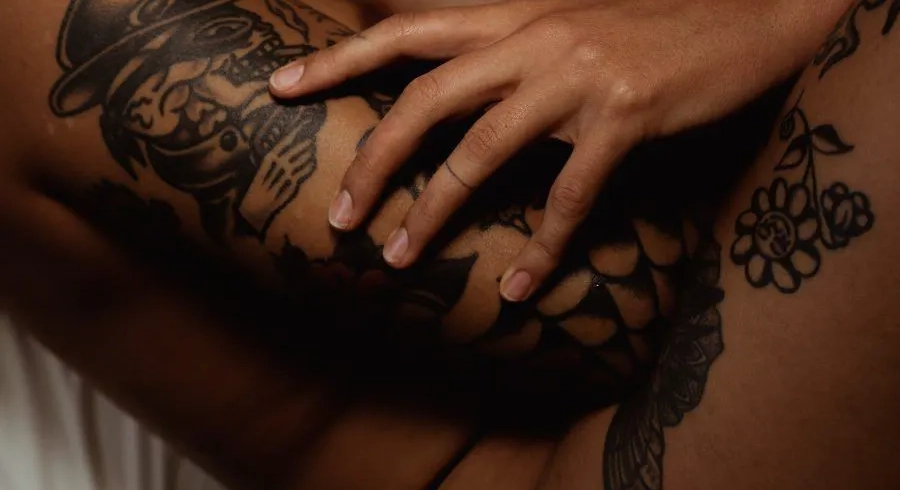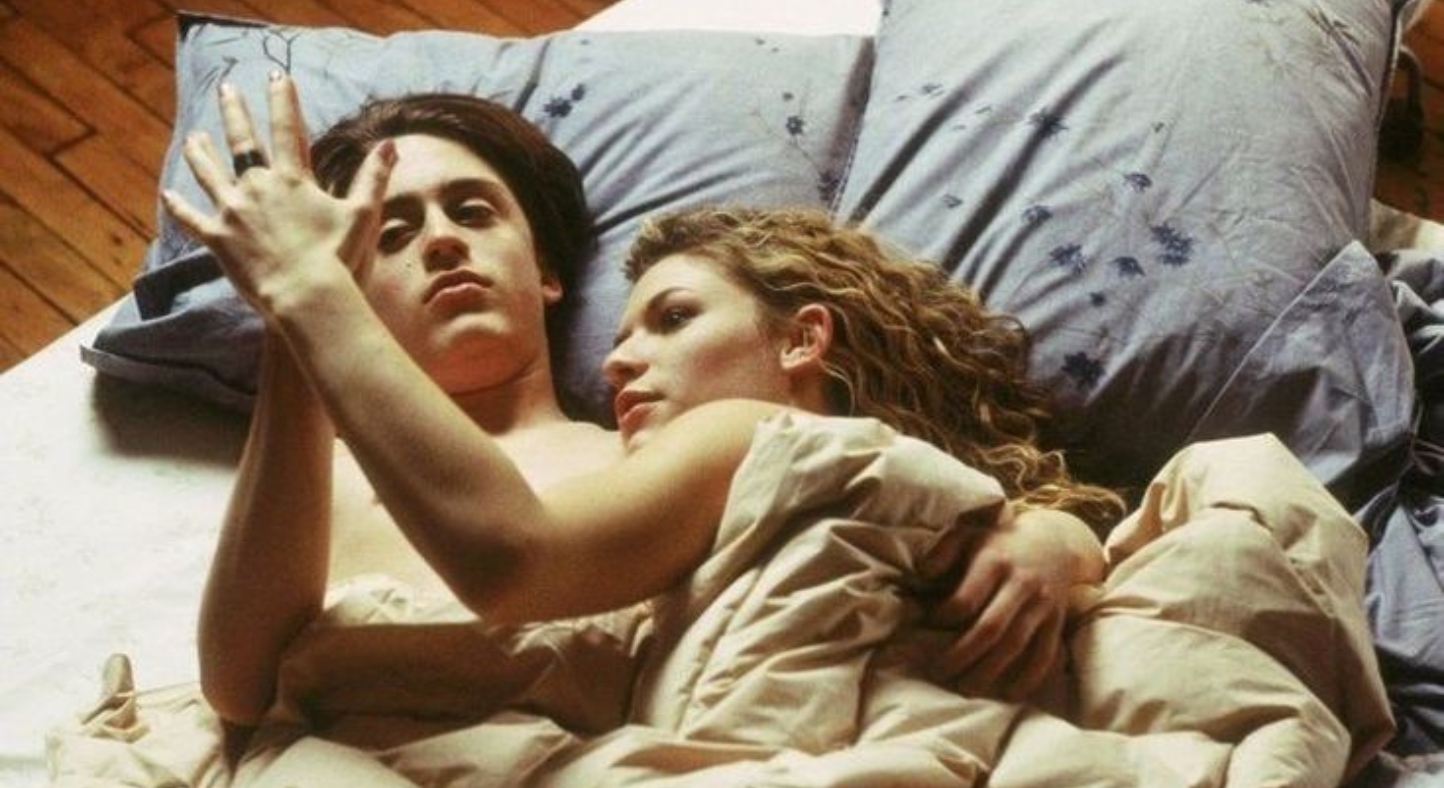WHAT IS SEXUAL AFTER-CARE?
THIS STEP IS OFTEN SKIPPED, AND IT SHOULDN’T BE.
Have you ever had a one-night stand that kind of left you feeling a bit blue? Or even an intimate interaction with a partner in which the after-math felt a bit off? French for sadness, “post-coital tristesse” translates more simply to the “post-sex blues” felt after blood-rushing-everywhere euphoria and sexual stimulation. In 2015, Sexual Medicine published peer-reviewed research that focused on a group of 230 female university students in Australia; 46% of those women said they had experienced post-coital tristesse. Although initially presumed that this phenomenon was only experienced by women, this isn’t solely a women’s issue. In 2018, the International Journal of Sex & Marital Therapy busted that theory wide open with concrete evidence: making love can make men sad too. A survey of 1208 men from “Australia, the USA, the UK, New Zealand, Russia and elsewhere” revealed that 41% of participants had also experienced the post-sex blues. Unfortunately, research was nil on the effect of PCT within gender-fluid and non-binary identifying people. However, based alone on the fact that sex is a human commonality between us, allow me to introduce the salve that is sexual after-care.
Originating from the BDSM community, sexual after-care is considered essential post all things kinky as a way to recalibrate and re-communicate following the intensity of many BDSM interactions. This can involve soothing abrasions, rehydrating, snacking, physical comfort or any after-pleasure activity. Regardless of the sexual proclivities you may have, sexual after-care should be an important aspect within your committed or casual play, to ensure the post-coital enjoyment of all parties involved.
Let’s set the scene. Sex is an energetic exchange. Puerto-Rican bruja and healer Emilia Ortiz summarises this perfectly:
SEX CAN BE SOMETHING THAT CAN BOOST OR EVEN HEAL US SPIRITUALLY. IT CAN ALSO BE DAMAGING. THE SAME WAY WE CAN FEEL EMOTIONALLY DRAINED AFTER A NEGATIVE EXCHANGE WITH SOMEONE, WE CAN FEEL THE SAME AFTER SEX.
It shouldn’t matter what kind of sexual interaction you are experiencing; respect should be the foundation that is ever present in any sex. Sexual after-care creates an ending environment that is about making sure everyone leaves the sexual experience feeling well looked after. We are raising the bar here, for the sake of authenticity. No matter your engagement; friends with benefits, committed, married, once-off, after-care allows for authentic space. After all, you’ve just been naked together.
It’s important to note, as someone who is pro-committed sex and pro-casual sex, that after-care will differ slightly between the many variables of sexual relationships. However, the basis is simple: whether it be a post-sex offering of water, a shower, or back tickles, we all like to be considered. Hopefully, we all like to be considerate also. Within a committed relationship, sexual after-care allows for a space of deeper emotional connection that facilitates relational growth. It also creates a safe space where post-sex communication can be had (think the “I really liked/didn’t like when you did this” chat). This conversation is important, particularly when you are in the depths of sexual exploration with your significant other.
This step is often skipped within casual sex, and it shouldn’t be. The clouded presence – almost fear – that often looms in these interactions is: please don’t get confused by what this is. That should be cancelled for two reasons.
General respect and after-care should be an embodied aspect of any sexual encounter, regardless of deeper emotions.
Wanting to be treated a certain way after sharing your body with someone is not synonymous with being needy; don’t let anyone make you feel otherwise.
Within this setting, sexual after-care does not have to be misconstrued as trying to make someone fall for you or misjudging a situation to be more serious than it is but rather the necessary cherry-on-top of a hopefully already pleasant experience. Even if you are just there for the joy that is assisted masturbation, checking in post sex is not synonymous with the C word many of us like to avoid: commitment.
Sex can bring up a lot for different people and this is often overlooked in both committed and casual settings. We have all felt post-sex shame, uneasy feelings and an element of the coitus comedown because we are entirely human. Sex must be humanised. Marge Berer, author of peer-reviewed article “Sex, Sexuality and Sexual Health”, breathes life into this by relaying that:
SEXUALITY IS AT THE CORE OF HUMAN IDENTITY AND PERSONHOOD. AT ITS BEST, IT IS ABOUT ACTING LIKE A HUMAN BEING WHEN SEXUAL DESIRE OCCURS.
If you are still asking, “why?” In a society that sees sex often as performance-based and with orgasm as the only end-goal, the bottom-line of sexual after-care lies in allowing us to be human. To be vulnerable, post vulnerability. As per sexologist, Dr Donohue, “anything less is severe and spontaneous disconnection from the sexual connection just achieved.”





















